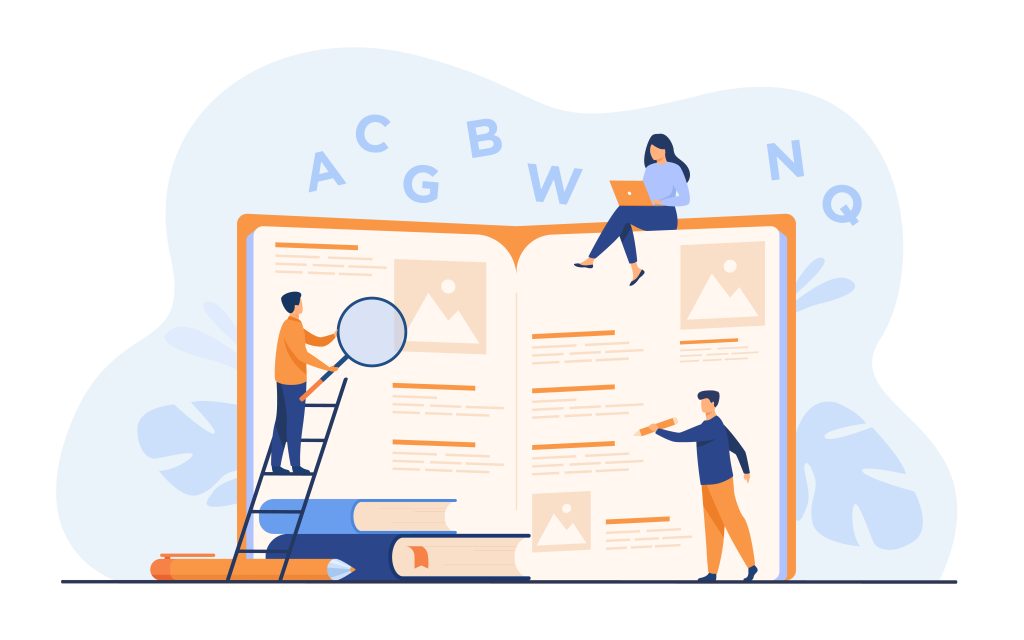How to Study for Final Exams: A Step-by-Step Success Plan
Final exam preparation and significant semester-ending papers pose one of the toughest challenges in college. This period requires mastering vast knowledge, staying organized, and recalling information as you approach your exams. Adhering to helpful final exam study tips can alleviate stress and enhance your GPA.
Shorelight’s Academic Services provides comprehensive support to international students, including personalized counselor assistance, online learning opportunities, foundational courses, and additional resources. Enhance your academic performance by choosing flexible study options tailored to your requirements. Find out more information on how to study for final exams.
Try different study techniques to discover the ones that suit you best, as only some methods will work for some students who’re wondering how to prepare for final exams.
Inquire with an education advisor who can assist throughout theorem applying to your arrival, without any extra charges. Seek guidance on how to study well for exams.

Make the Most of Class Time
Make sure to be present at every class, focus on the lectures, and write down notes in a manner that you can comprehend when revisiting them later.
According to Oliver, a Chinese international student at the University of Kansas, effectively taking notes in class helps you focus better. He also suggests that having good notes will be useful while final exam preparation. Additionally, suppose there is something you don’t understand. In that case, Oliver advises either raising your hand and asking for clarification or making a note of it to discuss with your professor or teacher assistant (TA) later.
Study with Classmates
Besides fostering friendships, forming study groups in each of your classes is a beneficial and enjoyable approach to establishing a ‘how to study for exams’ routine. Collaborating with others helps to develop effective study routines, encourages collaboration on group assignments, and boosts self-assurance. Oliver suggests finding a study partner to exchange notes with, work together, study together, assist, and motivate each other to improve.
Take Advantage of Office Hours
If you need help with a concept or subject, seek assistance from your professors. Visit their office hours or email them to better understand the course material, receive helpful final exam study tips, and improve your essay writing skills. Moreover, establishing a connection with your instructor could result in a valuable mentorship.
Suggestion: Whenever something is written on the board, include it in your notes, as there is a possibility it could appear on the test.
Create Flashcards
Rewriting significant information, ideas, and explanations onto flashcards is considered one of the most effective studying techniques for university students. Flashcards have the added advantage of enabling self-testing, eliminating the need for assistance from others. Organizing and reviewing the material can also be accomplished through electronic flashcards and study applications.
Find a Good Study Spot
Some people enjoy the tranquil atmosphere of a library, while others thrive in the lively atmosphere of a bustling café. Some students find comfort in studying at their desks, especially when trying to figure out how to study fast for exams, while others prefer an outdoor spot in the sun.
Oliver, a top student at KU, likes to study in a peaceful location, avoiding disturbances. He believes being at home may lead to either falling asleep or getting distracted by computer games. Therefore, he chooses to go to the library for final exam preparation. It is crucial to find the study environment that suits you best and makes you the most productive, so it is recommended to experiment with different places to determine which one works best for you.
Switch It Up
Spending excessive time on a particular topic may lead to a lack of focus. A practical study strategy for college exams is to switch subjects every half an hour to avoid getting tired of learning. When you take a break, it’s recommended to review complex topics again.
It is essential to read and review regularly and consistently.
Based on the concept known as the Ebbinghaus Forgetting Curve, it is observed that we tend to forget approximately 70% of what we have learned within 24 hours. To enhance our ability to retain and understand new information, we should dedicate some time for a brief review of the content covered the day after class. It is also beneficial to divide chapters into smaller sections and review each section before moving on to the next. Taking notes summarizing the critical points of the reading can assist in an easy review without rereading entire chapters. Additionally, marking challenging sections to revisit later can be helpful.
Stay Organized
It is crucial to have a well-planned schedule for class meetings, homework, assignments, projects, and study sessions to stay organized. Use planner to monitor deadlines, dates, and timings. to ensure you don’t forget anything importantConsult your class syllabus for important dates and create a study schedule that suits your needs.
Visualize the Material
To concentrate on the essential points in your class notes, you can condense the content and emphasize vital words and ideas by underlining or highlighting them. If you don’t prefer traditional written messages, you can transform them into charts, diagrams, mind maps, or outlines to generate visual aids that aid in comprehending complicated concepts.
Find a Tutor
Tutors are commonly found on college campuses, usually students with expertise or excel in a specific subject. If you are a student at a Shorelight partner university, you can discuss our unique academic support services for international students with your Student Service Advisor. Tutors are accessible for various subjects, and we also provide ESL practice opportunities while final examination.
Focus on Understanding
Memorization refers to the process of finding methods to retain and recite information. On the other hand, understanding delves deeper as it entails the ability to apply new knowledge in different situations and comprehend its connections to other concepts. In college exams, assessing understanding rather than solely relying on memorization is common.
Attend the Review Session
If your professor or teacher assistant is organizing a review session before finals week, it is highly recommended that you attend. This session is an opportunity for you to gain crucial insights into the exam format, potential question areas, and important topics to concentrate on while studying.
Suggestion: Take note that final exams and midterms significantly influence your final average, while classwork, papers, and quizzes have a lesser impact. Review your syllabus to learn how your college exams will improve your overall grade.
Stay Focused
Maintaining mental focus can be achieved by disconnecting from your phone and socializing less. Listen to instrumental music or use noise-canceling headphones while setting your mobile device to airplane mode, enhancing your ability to concentrate on your academic tasks.
Take Breaks
Take a break to allow your mind and body to rejuvenate, allowing you to tackle the content with enthusiasm and concentration. Oxford Learning suggests that taking a brief 10-15 minute break after every 30 minutes of studying is essential for recharging. If you’re wondering how to study for exams in less time, short study sessions have been proven to be more efficient and can help maximize your study time. So, stand up, stretch, and breathe fresh air before returning to your studies.
Exercise can enhance blood circulation to the brain, increasing vitality and improved understanding. Engaging in activities such as yoga or stretching can contribute to greater concentration and attentiveness.
Take Good Care of Yourself
There are better approaches to studying than eating fast food to save time. Instead, opt for a well-rounded diet of nutritious foods like fresh fruits and vegetables, protein and healthy fats to nourish your brain. Similarly, prioritize getting a sufficient amount of sleep the night before the exam.
Pace Yourself
Studying intensely and excessively during the final week of exams can result in exhaustion and stress. Instead, dividing the study material into subjects and gradually reviewing them is beneficial to comprehend the information genuinely. Additionally, it is recommended to jot down a few essential concepts the night before the exam to quickly review them before starting the test.
According to Oliver from the University of Kansas, for every hour of class time, you should dedicate two additional hours outside of class for studying. Therefore, if you take 15 hours of classes per week, you should allocate 30 hours for studying after your lectures.
Take the Right Approach
Various final exam study tips are needed for different types of college exams. Regarding multiple-choice tests, it is vital to concentrate on grasping definitions and concepts. On the other hand, essay exams demand the ability to demonstrate a comprehensive understanding of the subject matter. To ensure adequate preparation, it is advisable to consult your professor regarding the exam format.
Learn by Teaching Others
Teaching a classmate about concepts of how to study for exam in one day is an effective method to verify your understanding of the material and aid in their learning. By finding alternative explanations, you strengthen your knowledge by presenting it to others.
Have Fun with Words
Dividing the material into smaller parts and using acronyms, phrases, rhymes, or metaphors can be a valuable and enjoyable method for memorizing ideas. To illustrate, when learning about business strategies, students might easily recall acronyms such as “POGO SQUIDT.”
Performance objectives
Outsourcing
Global factors
Overcoming resistance to change
Supply chain management
Quality management
Inventory management
Designing and developing new products or services
Technology
Irrespective of its simplicity, this technique can aid in retaining crucial ideas for your exams. Share your handy acronyms and rhymes with your study group, offering insights into how to study for final exams and providing fellow students with intriguing and surprising study methods.
Test Your Knowledge
After familiarizing yourself with the structure, attempt to develop a mock exam that aligns with your expectations of the content covered in the actual test. This exercise will enhance your understanding of the subject matter and guide your focus on how to study for final exams. Subsequently, utilize the practice exam to assess your comprehension and that of your study group.
Reward Yourself
Maintaining effective study habits requires effort and dedication. It is essential to take regular breaks and reward yourself to stay motivated. Enjoying healthy snacks, taking pleasant walks outdoors, or indulging in an episode of your preferred TV show are all effective ways to motivate yourself.
Having an understanding of your effective study methods is crucial for success in college and will also benefit you in future career endeavors. Discovering the study techniques that suit you the most will save you time and effort and yield the most favorable outcomes.
Conclusion
Mastering how to study productively is paramount for every college student. The journey from attentive class sessions to rigorous revision schedules encapsulates the essence of how to study for final exams. Remember, understanding and implementing effective final exam study tips not only sets you up for success in college but also readies you for challenges in future career endeavors. Embrace these methods, tweak them to your liking, and witness the transformation in your academic performance.
